
This article is to inform and help people learn about wheat-gluten allergy and gluten intolerance. The symptoms and foods you need to avoid plus tips on a recommended diet are very important for anyone suffering with Celiac disease. People tend to get confused about gluten intolerance or an allergy to wheat. Gluten is actually a derivative of wheat and is in fact a protein that is used to bind substances together. Therefore if you have gluten intolerance it is not just wheat that may cause it because there is gluten in other grains such as barley and rye. Certain medication can also produce gluten along with foods such as spelt, triticale, oats, couscous, bran plus fermented beverages and malt. A wheat allergy is different in that your immune system can be very sensitive and attack the wheat proteins and try to expel it from the body. A combined one called wheat-gluten intolerance produces far less symptoms and the discomfort although unpleasant does not last for long.
The Bodies Reactions
There can be a severe type of gluten intolerance that is called Celiac disease resulting from a damaged intestine that has strong reaction to any type of gluten derivative protein. Your doctor will normally look for this when conducting blood tests for your complaint. Each of us react to a wheat-gluten intolerance in different ways, for example the reaction to the wheat product you have just digested can happen within a few minutes, whereas for others it may take several hours for symptoms to materialize.
What are the Symptoms
The type of symptoms can vary but typically involve nausea, stomach pains and cramps, indigestion and in some cases vomiting. Some people may also experience headaches, a really smelly stool, an uncomfortable bloating feeling, strong flatuance and diarrhea. Remember that oat and barley can cause this intolerance and symptoms as well, so avoid eating these products.
What not to Eat
So the obvious diet is to avoid all types of grains that produce the gluten protein but look towards what you can eat. Discussing with your doctor or a dietitian is important because it is necessary that your intake of food has enough fiber and B vitamins derived from things such as folic acid, iron and niacin as gluten free foods are not vitamin rich as are most wheat products, i.e. they may not contain as much fiber in them. The most important foods to avoid are fried foods in batter, all types of alcohol, barley and malt. Also vermicelli, waffles, wheat germ, and some yeast in addition to hot dogs, ice cream and the cone, liverwurst, biscuits can be a danger for you. Avoid cereals, chocolate, cocoa, cold cuts.
You can eat bread and pasta made from rice, corn, amaranth, soy, pea flour, bean flour, arrowroot flour, buckwheat flour, chickpea flour, millet flour, potato flour, sorghum flour, tapioca starch flour, tapioca, quinoa, flax seeds, buckwheat, etc. All of these will assist in relieving the symptoms of wheat-gluten allergies.


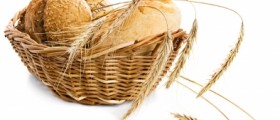
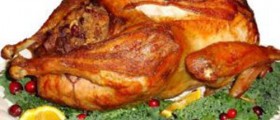
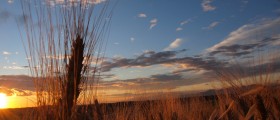
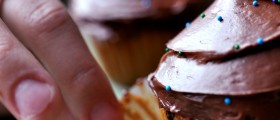
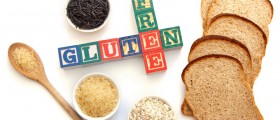
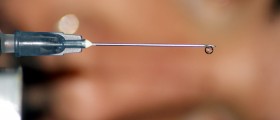
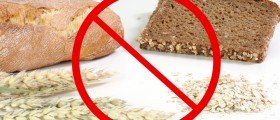
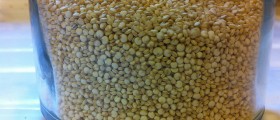
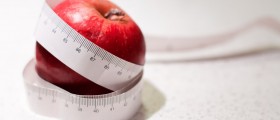
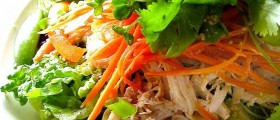
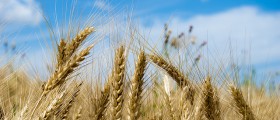
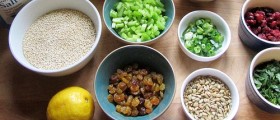
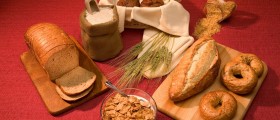
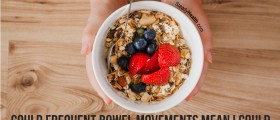

Your thoughts on this
Loading...